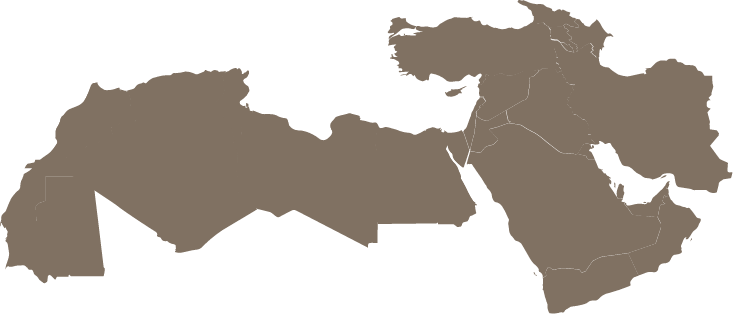As waves of people pour through Egyptian streets in protest this week, we don’t have to look very far to find the source of their discontent. Overcrowding, high unemployment, rigged elections, censored media -- the root causes are many. There is enough raw anger at the heart of this society to tear through the tightest police lines and most forbidding military tanks.
Even if the crowd isn't unanimous about what it wants, it is clear about what it doesn't want: business as usual, leadership as usual. Calling out Egyptians of all stripes—students, the unemployed, shopkeepers, women, doctors, lawyers—this is a scene of ordinary Egyptians redefining their country.
There are some who fear the demonstrations are fueled by the Islamic ambitions of the dedicated, tested, organized Muslim Brotherhood. But just because Egypt is the largest, most powerful Arab state doesn’t mean there is a Muslim will-to-power.
Arabs are also Christian, and the Muslim-Christian relationship in Egypt has endured moments of brilliance as well as tension. Following the recent New Year's Eve terror strike on a Coptic Christian Church by Islamic militants, for example, Muslims turned out across Egypt to form human shields around their Coptic neighbors as they celebrated Orthodox Christmas.
URI’s Middle East coordinator reported this week that “Christians and Muslims showed outstanding solidarity; they participated in the protests side by side, hand by hand. When the Muslims pray, the Christians protect them; they protect each other, share food, pray together.” Religion, for now, isn't the prevailing force.
This has to do instead with a different kind of faith; with freedom of religion, of speech, of the press, of peaceable assembly and freedom to petition government with grievances. Are these matters of faith? Absolutely. Not faith in God or Allah, but faith in the highest aspirations of a human collective. Faith in human rights.
Can this collective faith hold supreme when the passions of revolution give way to the business of creating a government? Even though the cries in the streets sound like phrases from the First Amendment to the U.S. Constitution, the first phrase of that amendment— "... make no law respecting the establishment of religion"—remains in question. Will Egypt—if indeed Mubarak steps down—go the way of Iran, or the way of Turkey?
To “establish” religion in post-revolutionary Egypt, Tunisia, Yemen and elsewhere would be to doom democracy in the region. To throw off the tyranny of autocracy only to embrace the tyranny of piety is to miss the moment and momentum toward freedom. Life moves artistically, legally, economically, technologically, ecologically, and in all realms. But if religion is established and the righteous leaders become the arbiters of society, then life slows down. When people trade in the secret police for the religious police, what's the difference? Where is the value added?
Egypt's dominant faith will emerge in the next, critical year. Will it be established religion, or human rights? Its decision will alter history and the Middle East.
